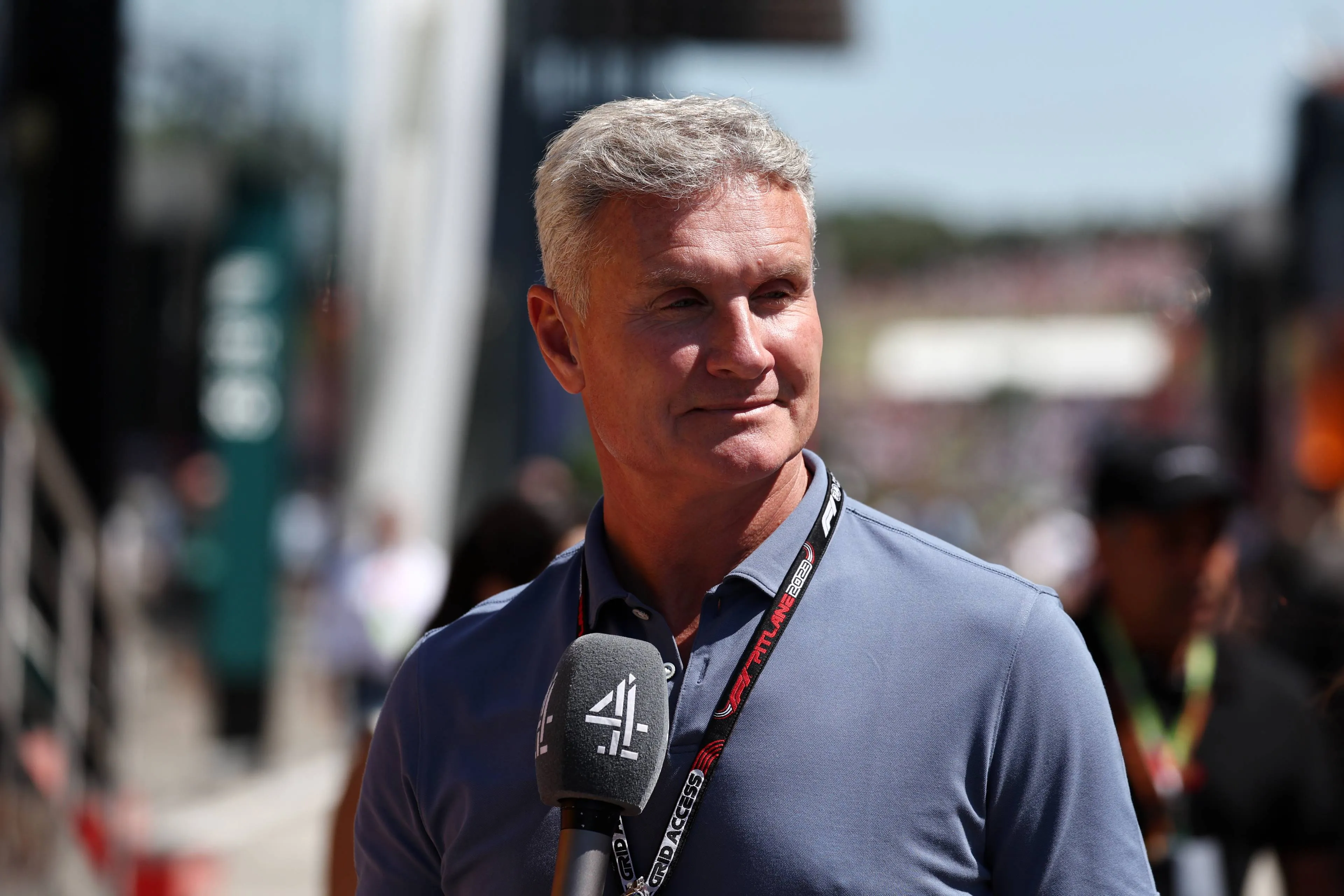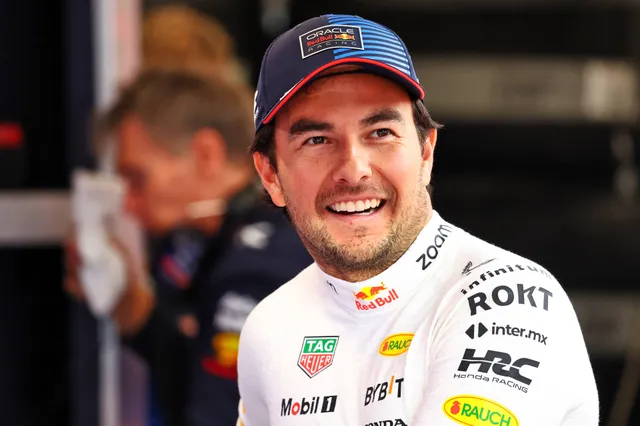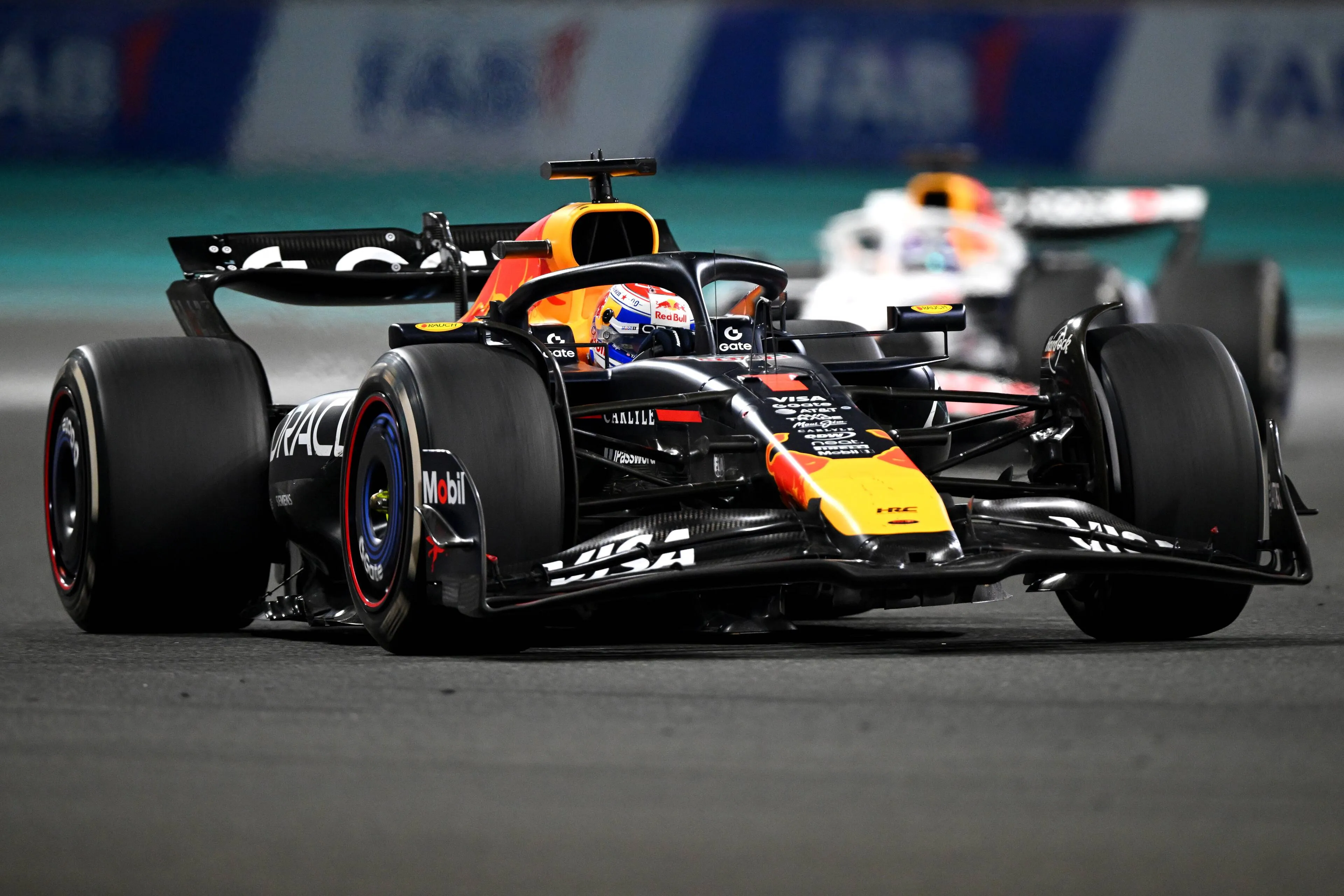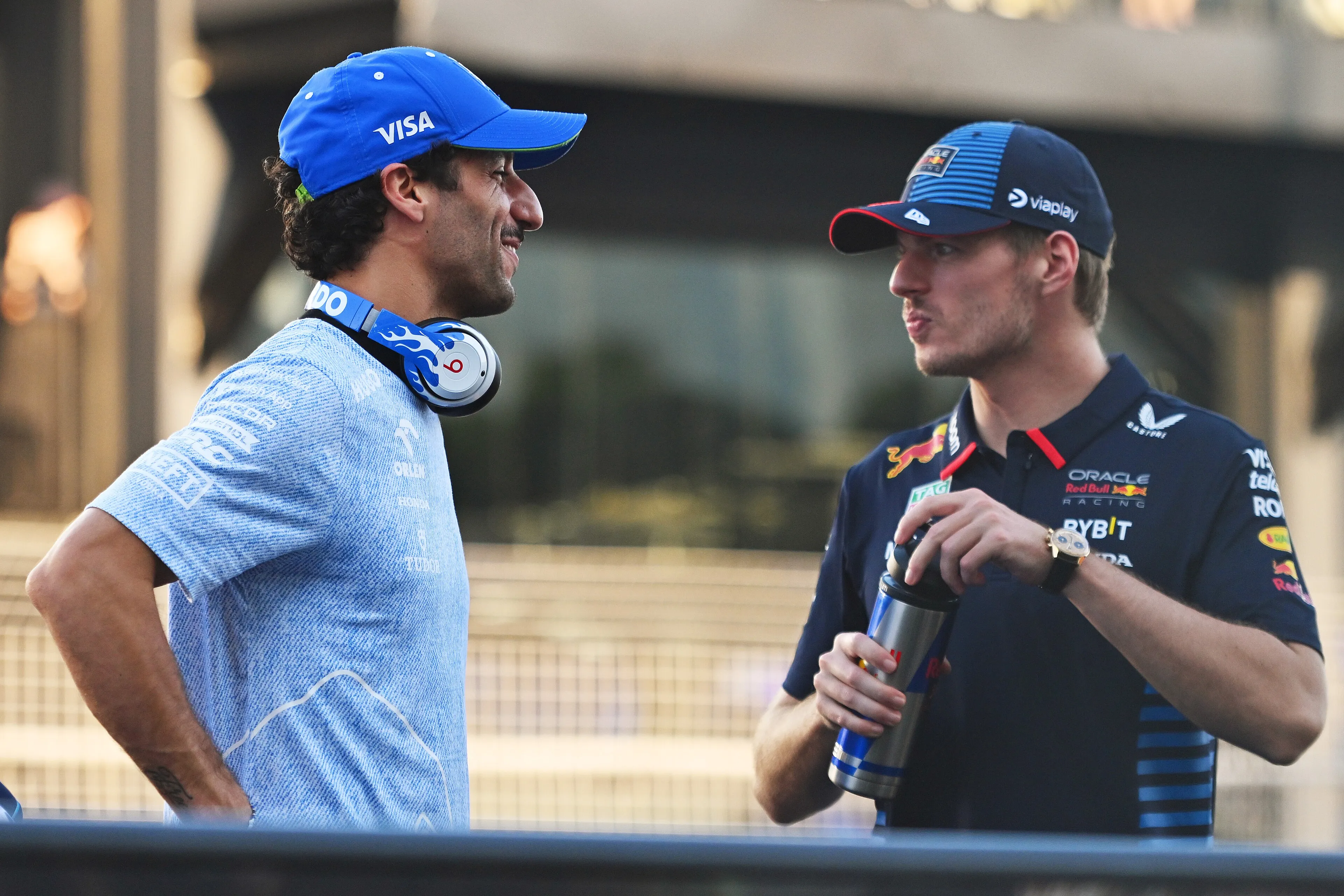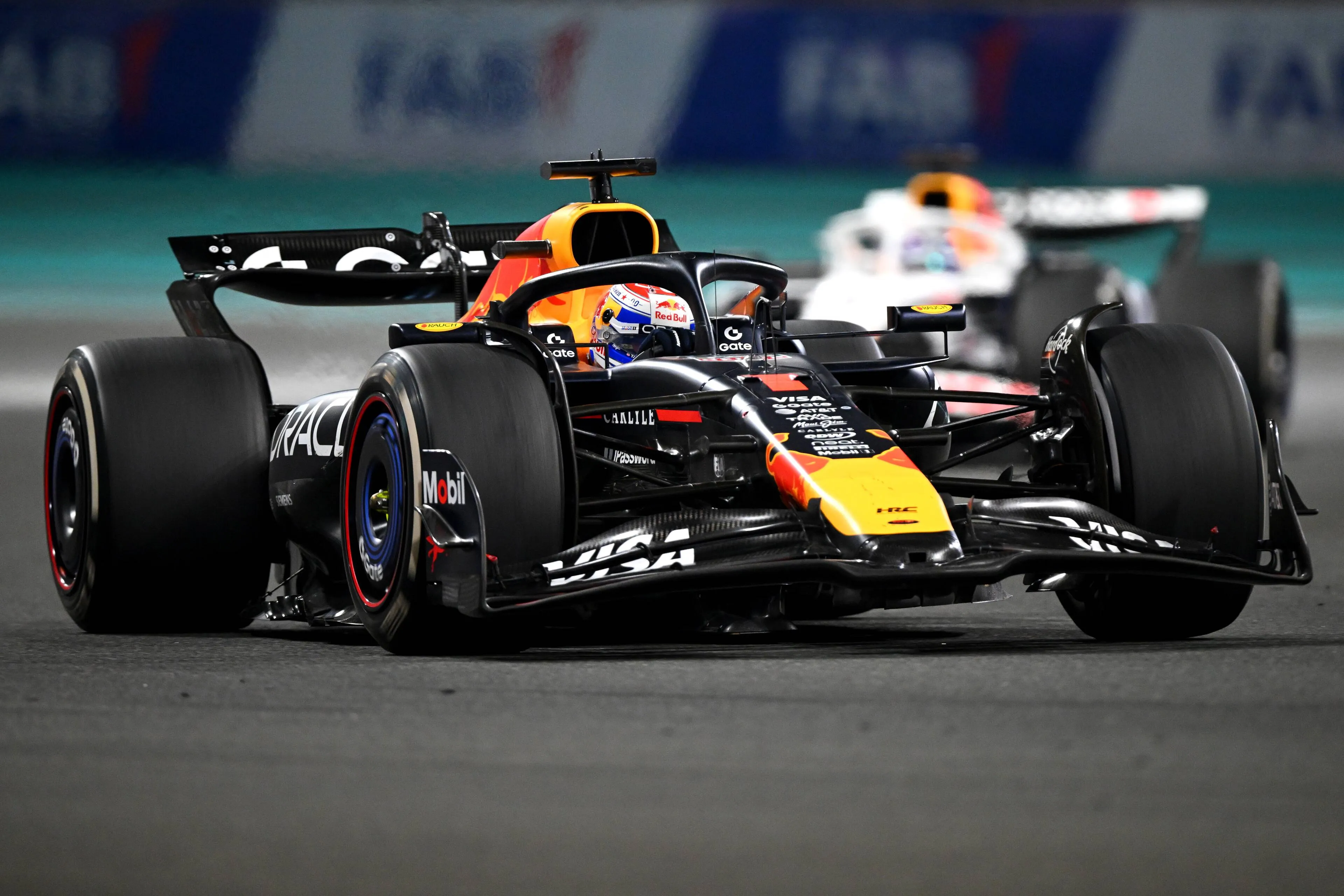Coulthard pinpoints specific Verstappen's edge while addressing teenage struggles
David Coulthard recently opened up in a podcast about the eating disorder he battled during his teenage years, a struggle linked to the pressures of his racing career. The former F1 driver highlighted how recent regulatory changes have positively impacted drivers like Max Verstappen.
In the High Performance Podcast, Coulthard revealed his history with bulimia — a serious eating disorder with potentially severe consequences — which he developed as a teenager driven by the need to maintain the lowest possible weight to maximize his speed on the track.
''Every night I weighed myself twice a day as a teenager, morning when I got up completely dry, and evening before I went to bed. Then that gave me my average weight and I could tell a few days out whether I was in the right area for the race weekend,'' the former Red Bull driver revealed.

'A necessary evil'
He explained that he was quite tall for his generation, and also had to race against much older teenagers in karting: ''I'm tall, the weight is accommodating for an 11-year-old, so it was more of a compromise. So it was a necessary evil of which I didn't discuss with anyone.''
The problem improved once he started racing in real cars, where he suddenly became one of the lightest drivers: ''In higher level car racing, of course, there's a minimum weight.''
Verstappen benefits from minimum weight
He continued by pointing out an advantage for Verstappen: ''Formula 1, I think... it's combined weight of driver and seat of 80 kilograms. So that means that people like Max Verstappen can race against people like whoever the smallest driver is. Yuki Tsunoda, who's probably 60 kilos, Max must be high seventies.''
Coulthard then explained how drivers could still take advantage of it in the past: ''In Alain Prost's time, he used to negotiate with the Formula 1 teams and say look, Nigel Mansell's my teammate, he's 78 kilos, I'm 58 kilos, 10 kilograms is three tenths of a second, how much would you spend in performance to get three tenths of a second?''
According to Coulthard, Prost was able to negotiate a better salary due to his weight, as he was a good driver who was also small. However, everything changed when the minimum weight was introduced.
''He could guarantee he was half a second quicker than his teammates based on weight without pushing, so that was how he negotiated his salary to be paid more because he was a good driver and he was small.''
''Although Alain went on to win another world title in 93 against him and his teammate, but he didn't have the advantage he had in his early career,'' the former driver concluded.
Read also
Popular on GPBlog

Perez on replacing Hamilton: 'Never expected to make this move'

Verstappen rules out Red Bull exit amid clear F1 retirement timeline

Hamilton backed for eighth title as Andretti refuses to write F1 star off

